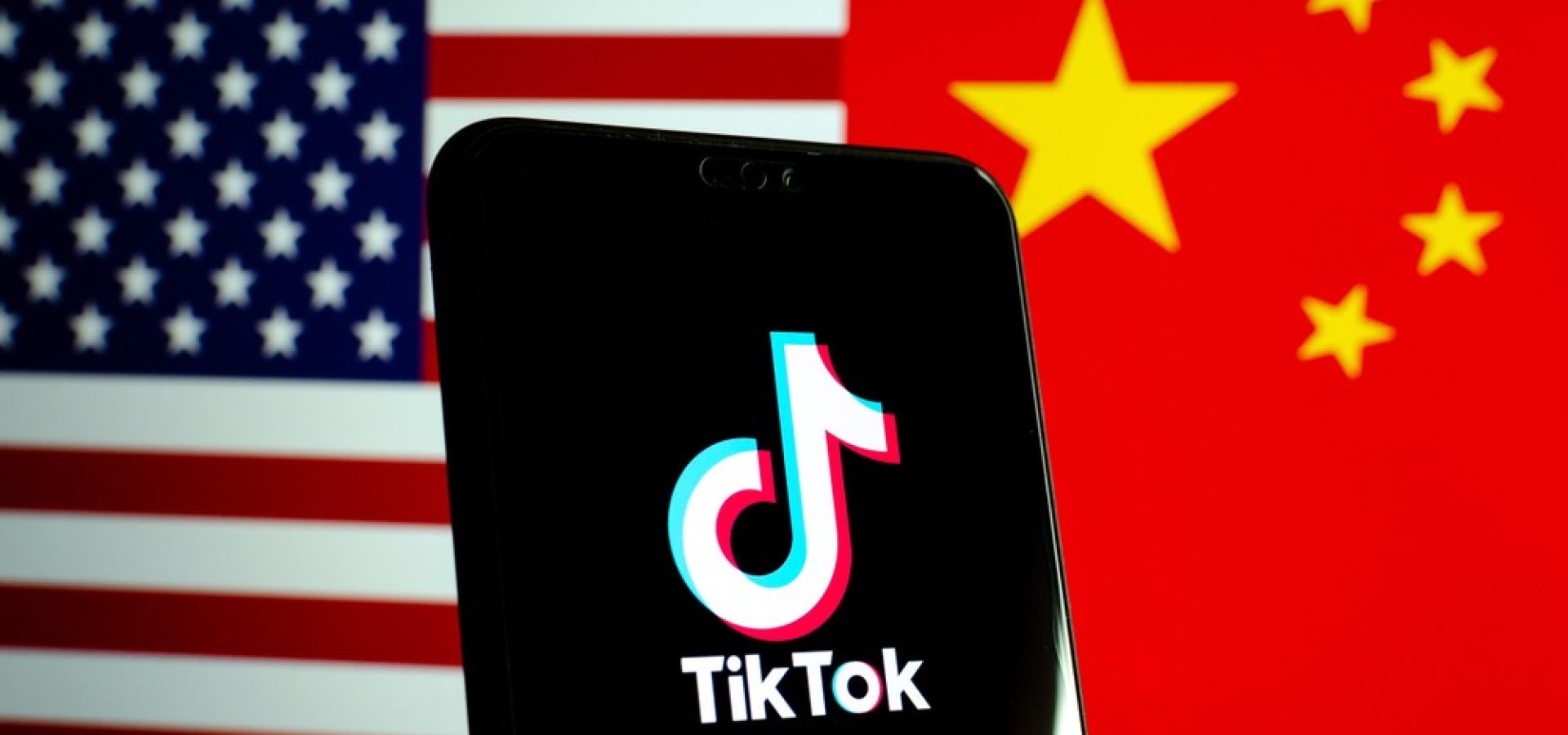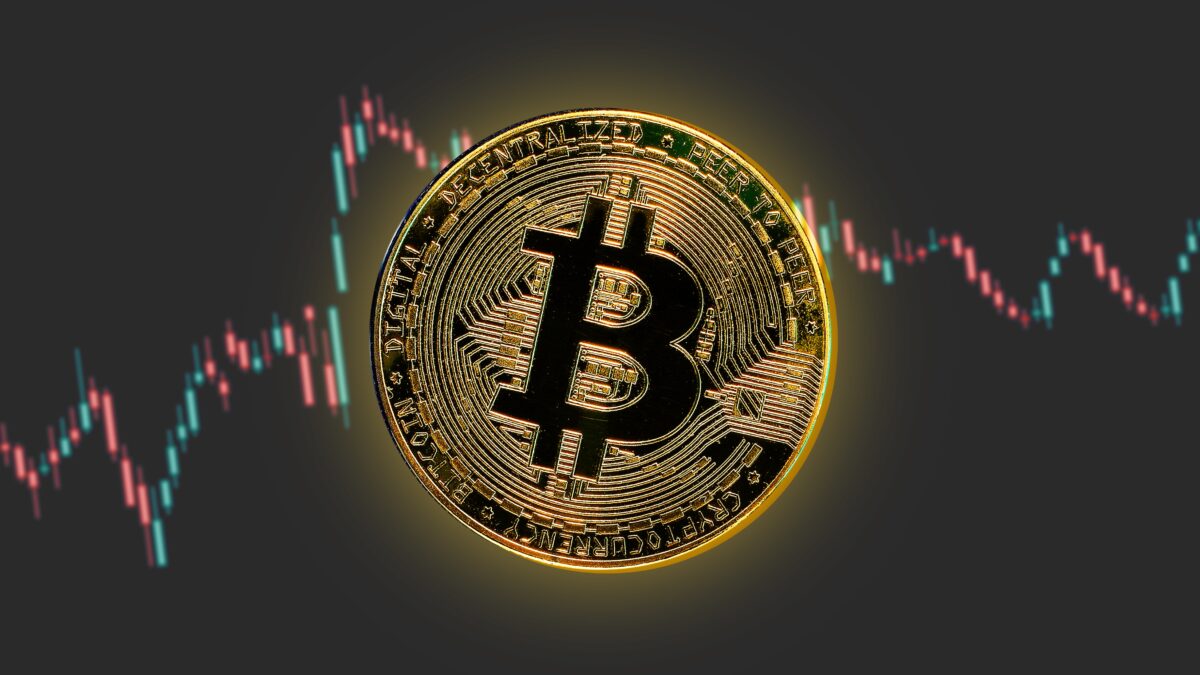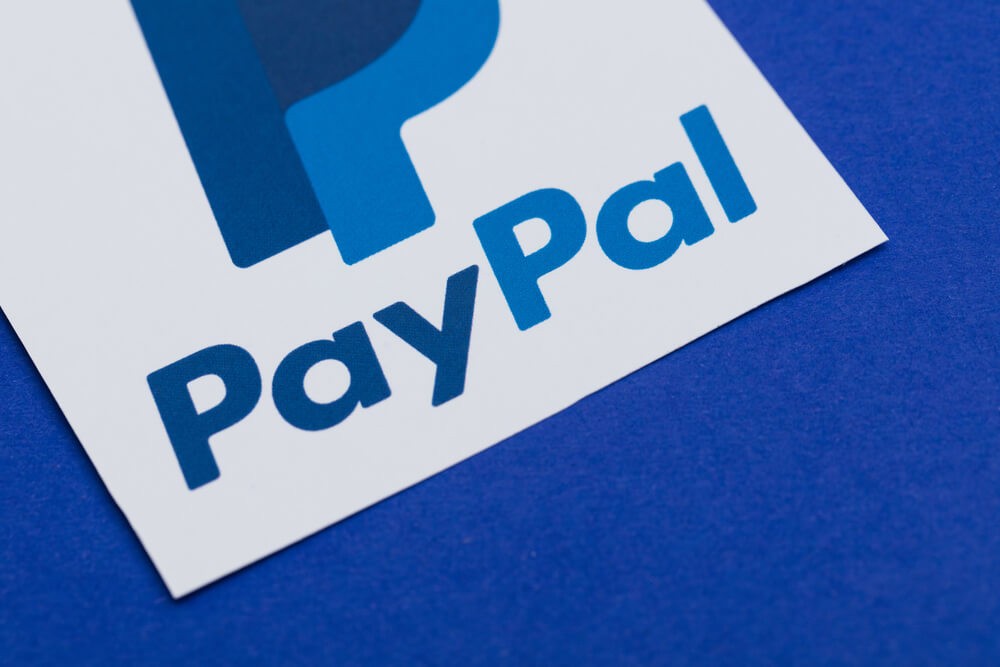Quick Look:
- US House passed a bill requiring ByteDance to divest TikTok US operations within a year.
- Bill’s failure may impact the US economy significantly; ByteDance’s revenues are substantial.
- Strong opposition from TikTok and potential legal challenges if the bill passes.
- China could block the forced sale, raising international trade and diplomatic concerns.
- Senate’s decision on the bill is highly anticipated, with significant implications.
In a significant legislative move on Saturday, the US House of Representatives passed a bill that could lead to the ban of TikTok because of its parent company, ByteDance. The ban activates, if the company does not divest its US operations within a year. The bill, which passed by a margin of 360 to 58, now heads to the Senate for further deliberation. This latest development echoes the fate of a similar bill that stalled in the Senate.
TikTok Ban: Economic Impact and Legal Hurdles
The potential ban on TikTok could have far-reaching economic repercussions. ByteDance’s TikTok operations in the US generated revenues between $16 billion and $20 billion in 2023. Besides, it contributes approximately $24 billion annually to the US economy. The bill’s passage raises concerns about national security, with fears that the Chinese government could compel ByteDance to share US user data. TikTok has consistently denied sharing such data with the Chinese government. However, the former employees and whistleblowers have raised alarms about data accessibility.
Historical Legislative Moves Against TikTok
The Montana state government last year implemented a ban on TikTok, which the company condemned as a violation of the First Amendment. This state-level action may have set a precedent, influencing federal legislative efforts.
TikTok strongly reacted to the House’s decision, criticizing how a ban bill was introduced.TikTok claimed that it is unfortunate that the House of Representatives is using the guise of significant foreign and humanitarian aid to push through a bill. Moreover, the platform believes this bill would infringe on the free speech rights of 170 million Americans. TikTok also condemned the original Senate bill for aiming to “censor millions of Americans.”
Global and Legal Fallout of TikTok Legislation
Should the bill pass into law, it is expected to face significant legal challenges from ByteDance and TikTok’s US users and partners. Additionally, China‘s government has indicated it would block any forced sale of TikTok, complicating the legislative outcome. The policy also stirs international trade concerns, with fears that it could set a troubling precedent for other US technology firms operating globally.
Historical Insights into Regulatory Battle
This legislative effort follows a series of attempts to regulate or ban TikTok, including an executive order by former President Trump in 2020 that was eventually overturned in court. In response to ongoing concerns, TikTok had previously entered into a data storage agreement with Oracle in Texas to safeguard US user data privacy.
What’s Next: TikTok’s Path Amid Legal Scrutiny
As the bill moves to the Senate, stakeholders from various sectors closely watch the developments. The bill’s progression could influence the operations of international companies in the US and the broader landscape of digital communication and data security policies. With 170 million monthly active users in the US, the outcome of this legislative effort will resonate deeply within and beyond the tech industry.











COMMENTS